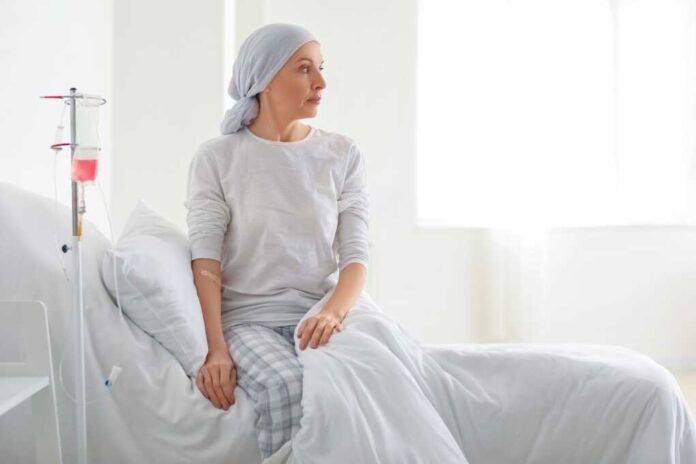
Up to half of all cancer deaths in adults over 30 could be prevented through simple lifestyle changes, yet millions continue habits that significantly increase their risk of developing this deadly disease.
At a Glance
- One in three cancer cases can be prevented through lifestyle modifications, accounting for 44,000 preventable cases in Australia alone each year
- 90-95% of cancer cases are linked to environmental and lifestyle factors rather than genetic defects
- Key preventive measures include avoiding tobacco, limiting alcohol, maintaining healthy weight, protecting skin from UV radiation, and eating more fruits and vegetables
- Regular medical screenings can detect cancer early when treatment is most effective
The Surprising Scale of Preventable Cancer
Cancer remains one of the most feared diseases worldwide, with an estimated 1.9 million new cases and over 609,000 deaths expected in the United States alone this year. Yet what many don’t realize is that a significant portion of these cases are preventable. According to the World Health Organization, between 30 and 50 percent of all cancer cases could be avoided through lifestyle changes. Even more striking, research indicates that 90-95% of cancers are linked to environmental and lifestyle factors rather than genetic defects, suggesting that our daily choices play a crucial role in cancer development.
In Australia, the Cancer Council reports that 44,000 cancer cases each year could be prevented through lifestyle modifications. Cancer kills twice as many people as any other cause, making it the leading preventable cause of death. This underscores the urgent need for greater awareness about how our everyday habits influence our cancer risk. While genetics certainly play a role in some cancer cases, the evidence increasingly shows that most cancers develop from a complex interplay between our genes and our environment – with lifestyle factors often being the tipping point.
Major Lifestyle Factors That Increase Cancer Risk
Tobacco use remains the single most significant preventable cause of cancer, responsible for 25-30% of all cancer deaths and 87% of lung cancer deaths. This includes not only cigarettes but also cigars, pipes, chewing tobacco, and exposure to secondhand smoke. Diet contributes to 30-35% of cancer deaths, with red and processed meats being significant risk factors. Meanwhile, alcohol consumption increases the risk of several cancers, including those of the mouth, throat, liver, breast, and colorectal region, with risk increasing proportionally with the amount consumed.
Excess body weight is another major risk factor, linked to at least 13 different types of cancer including breast, colorectal, kidney, and pancreatic cancer. Physical inactivity not only contributes to obesity but is itself an independent risk factor for cancer. Sun exposure and ultraviolet radiation from tanning beds significantly increase the risk of skin cancer, while certain infections such as HPV and Hepatitis B and C are associated with various cancers. Environmental pollutants in our air, water, and food also contribute to cancer risk, accounting for a significant percentage of cases.
Simple Changes With Significant Impact
The good news is that many effective cancer prevention strategies are accessible to most people. Quitting smoking or never starting provides immediate and long-term health benefits. Adopting a diet rich in fruits, vegetables, and whole grains while limiting red and processed meats can significantly reduce cancer risk. The Mediterranean diet in particular has been associated with reduced risk of several cancers, including breast cancer. Limiting alcohol consumption to moderate levels or avoiding it altogether can further decrease risk.
Maintaining a healthy weight through regular physical activity offers protection against multiple cancers. Aim for at least 150 minutes of moderate activity or 75 minutes of vigorous activity weekly. Protecting your skin from excessive sun exposure by using sunscreen, wearing protective clothing, and avoiding tanning beds reduces skin cancer risk. Getting vaccinated against cancer-causing infections like HPV and Hepatitis B can prevent certain cancers entirely. Regular medical check-ups and cancer screenings are also crucial for early detection, when treatment is most effective and survival rates are highest.


















